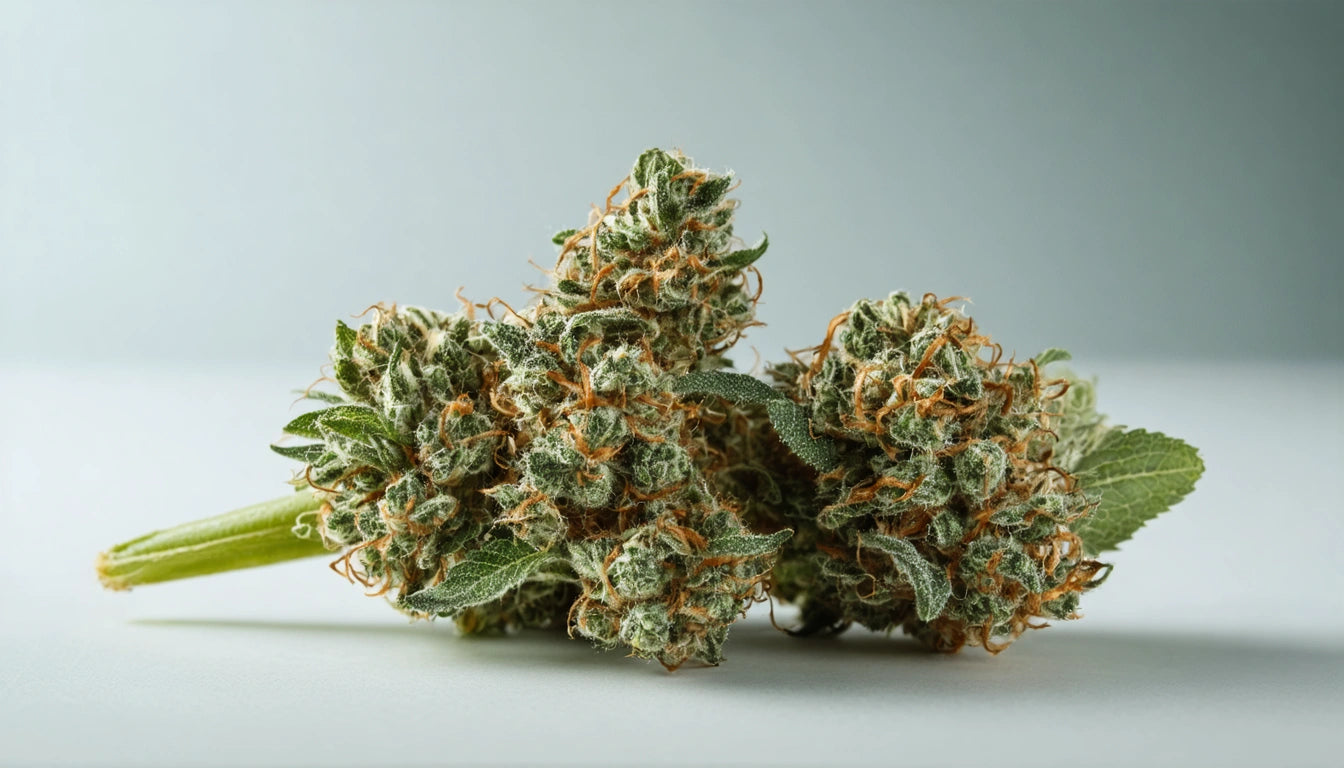Table of Contents
Where Is Cannabis Legal and Illegal in the United States?
The legal status of cannabis in the United States presents a complex patchwork of state-level regulations against the backdrop of federal prohibition. As of 2024, numerous states have legalized recreational marijuana, while others maintain medical-only programs or continue full prohibition. This comprehensive guide explores where weed is legal in the US, where cannabis remains illegal, and the nuances of decriminalization across the country.
Recreational Cannabis Legal States
As of 2024, the following states have fully legalized recreational cannabis for adult use (typically for adults 21 and older):
- Alaska
- Arizona
- California
- Colorado
- Connecticut
- Delaware
- Illinois
- Maine
- Maryland
- Massachusetts
- Michigan
- Minnesota
- Missouri
- Montana
- Nevada
- New Jersey
- New Mexico
- New York
- Ohio
- Oregon
- Rhode Island
- Vermont
- Virginia
- Washington
In these states, adults can legally purchase, possess, and consume cannabis products, though specific regulations regarding purchase limits, home cultivation, and public consumption vary significantly. For example, while Oregon allows adults to possess up to 8 ounces at home, New Jersey limits possession to 6 ounces. As detailed in this recreational cannabis guide, understanding local regulations is crucial for compliance.
Medical Marijuana Only States
Several states permit cannabis exclusively for medical purposes, requiring patients to obtain physician recommendations and register with state programs:
- Alabama
- Arkansas
- Florida
- Hawaii
- Iowa
- Louisiana
- Mississippi
- New Hampshire
- North Dakota
- Oklahoma
- Pennsylvania
- South Dakota
- Utah
- West Virginia
Medical marijuana programs vary widely in qualifying conditions, possession limits, and product availability. Florida, for instance, has one of the country's largest medical markets despite not allowing smokable flower until relatively recently. According to this comprehensive analysis, medical-only states often maintain stricter product testing and packaging requirements than recreational markets.
Decriminalized States with Limited Legal Status
Some states have decriminalized cannabis possession without fully legalizing it, reducing penalties to civil infractions rather than criminal charges:
- Kentucky (limited medical CBD only)
- North Carolina (decriminalized small amounts)
- Nebraska (decriminalized first offense)
- Wisconsin (CBD only, with severe penalties for THC)
In these jurisdictions, possessing small amounts typically results in fines rather than jail time, though larger quantities may still trigger criminal penalties. Our decriminalization guide explains these nuanced legal distinctions that fall short of full legalization.
Fully Illegal States
Cannabis remains fully illegal in several states, where possession can result in criminal charges, including potential felonies:
- Georgia (limited CBD oil only)
- Idaho
- Indiana
- Kansas
- South Carolina
- Tennessee
- Texas (limited medical CBD)
- Wyoming
These states maintain some of the strictest cannabis laws in the country, with penalties ranging from misdemeanors to felonies depending on quantity. Idaho stands out for prohibiting all forms of cannabis, including CBD products. For businesses operating across state lines, understanding where marijuana remains illegal is essential for compliance and risk management.
Federal vs. State Laws: Understanding the Conflict
Despite state-level legalization, cannabis remains a Schedule I controlled substance under federal law. This creates significant complications:
- Banking restrictions for cannabis businesses
- Limitations on interstate commerce
- Potential federal prosecution (though currently deprioritized)
- Tax complications under Section 280E
The conflict between state and federal law creates unique challenges for cannabis businesses, particularly regarding banking, taxation, and interstate operations. While federal enforcement against state-compliant operations has been limited under recent administrations, the legal contradiction remains unresolved.
For businesses in the cannabis space, this dichotomy requires careful navigation of both state and federal regulations. Many companies have found success by working with specialized packaging partners who understand compliance requirements across different jurisdictions, ensuring products meet all applicable standards regardless of location.
Cannabis Legality Implications for Businesses and Consumers
The varied legal landscape creates distinct implications for different stakeholders:
For Consumers:
- Travel restrictions (crossing state lines with cannabis is federally illegal)
- Employment complications (drug testing policies vary by state)
- Housing restrictions (particularly in federally subsidized housing)
- Different product access based on location
For Businesses:
- Licensing requirements vary dramatically by state
- Marketing restrictions differ across jurisdictions
- Banking access challenges
- Tax implications vary by location
As outlined in this state-by-state analysis, navigating these differences requires careful attention to local regulations and frequent monitoring of legal changes.
Future Legalization Landscape: States to Watch
Several states show momentum toward potential legalization in upcoming legislative sessions or ballot initiatives:
- Pennsylvania (active legislative efforts for recreational)
- Florida (2024 ballot initiative for recreational)
- North Carolina (expanding medical program)
- Nebraska (medical initiatives)
- South Carolina (medical cannabis legislation)
The trend toward legalization continues to gain momentum nationwide, with public support for cannabis reform reaching record levels. However, the pace and approach to legalization vary significantly based on regional politics, existing infrastructure, and public sentiment.
Understanding where cannabis is legal in America requires ongoing attention to rapidly evolving state regulations. As more states embrace legalization, the pressure for federal reform continues to build, potentially reshaping the entire legal landscape in coming years.











Leave a comment
All comments are moderated before being published.
This site is protected by hCaptcha and the hCaptcha Privacy Policy and Terms of Service apply.